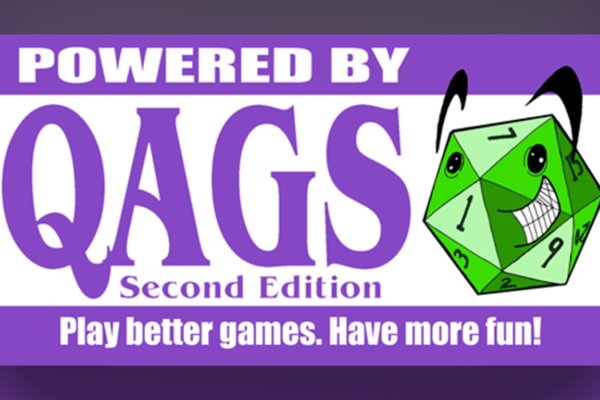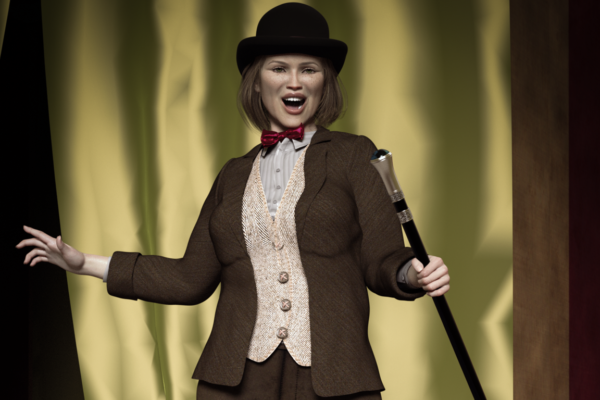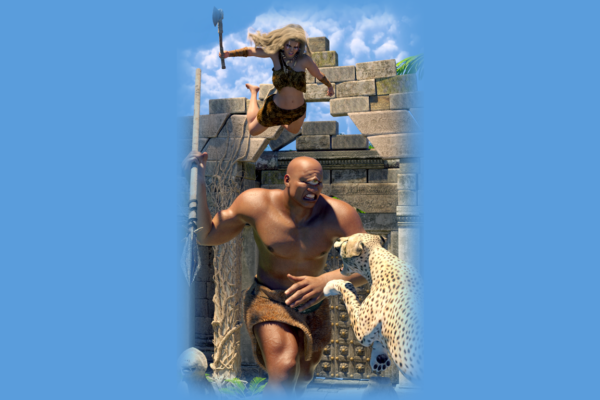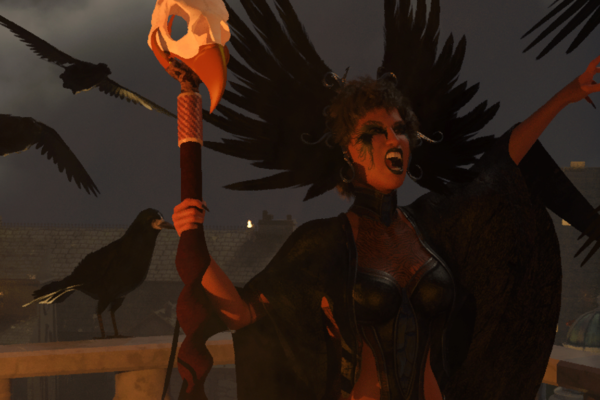
QAGS: A Story Game?
I realize now that I didn’t mention this back in November, but the lack of new posts for the last month and change was intentional. Between Thanksgiving and New Year’s, everyone’s busy, in a food coma, pissed off, depressed, or drunk–sometimes all of them at the same time–so I don’t want to write a blog…








